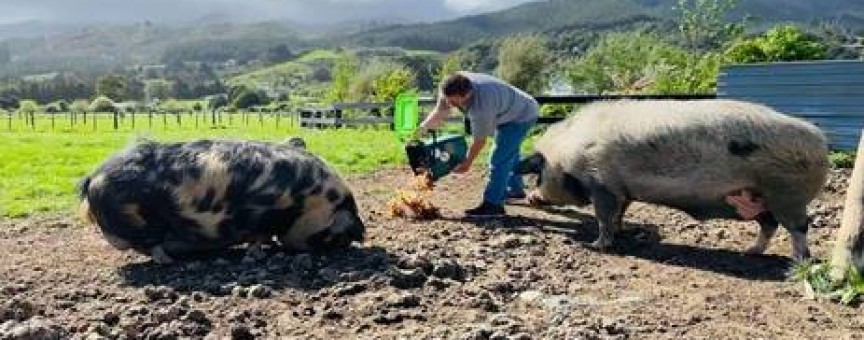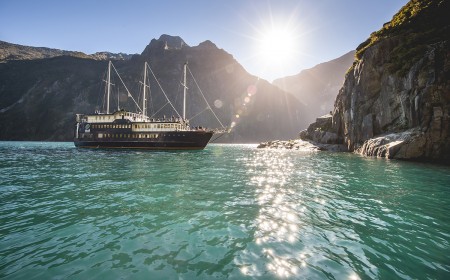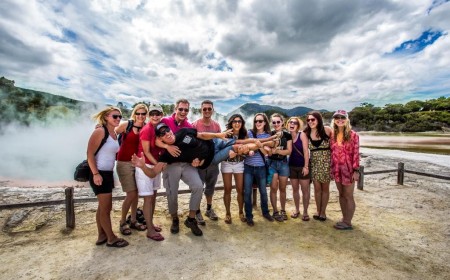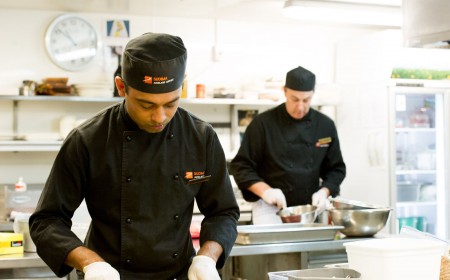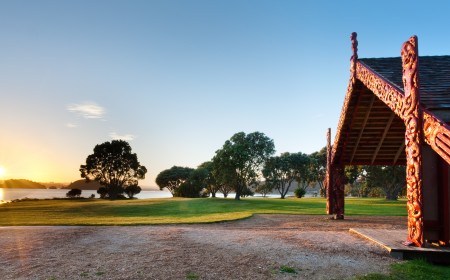Moving from Commitment to Action
March 2022
Last year, WellingtonNZ chose to work with Tourism Industry Aotearoa on a pilot project for 12 tourism operators to accelerate their sustainability journeys. This work activated our Tourism Sustainability Commitment (TSC), allowing us to learn some valuable lessons and confirm prior hunches.
Sustainable versus Regenerative
The current popular movement is ‘regenerative tourism’ and we 100% believe in the principles and philosophy of this kaupapa. Sustainability actions are a key step on the path towards regeneration and a key part of ‘getting started’. The Tourism Sustainability Commitment and the actionable steps that we have created have real teeth. If fully understood and taken on by businesses, the 12 Commitments of the TSC deliver multiple benefits. Throughout our 3-month programme, we witnessed tourism businesses passionately serving more than their core tourism offer, using Māori concepts to put people and the environment first. There were many examples of operators working with their communities to restore nature. These ranged from planting trees, organising working bees and donating to charities. These things are all a great start on the pathway to regenerative tourism.
Work Holistically
Working on the sustainability of your business is best done in a holistic way. Focussing on just one area e.g., decarbonising only, limits flow-on effects. For example, by working on the crucial economic commitments (TSC 1-3) around resilience, investment and innovation, solutions to your business’ decarbonisation goals will most likely be found.
At the same time, reducing carbon must be a driving force and all businesses must take action where they can. Nine out of the twelve businesses we worked with now “know their number.” They measured their carbon footprints, either with a free online tool or with an external provider. Measuring their footprint enabled them to identify the areas of greatest impact. Their challenge now is to continue to reduce their carbon per customer, while building back their business.
Part of a carbon footprint is the waste that you create. One operator began to divert all organic waste created by their activities to a local pig farm. The collection of the waste and delivery of it, has become part of the story to further educate others. Commitment 12 of the TSC is Eliminating Waste and circular systems, such as this example, are one way to do this. Another participant - an accommodation provider- had a total overhaul of all guest room amenities, including changing to bathroom dispensers and moving compendiums online. The small tour group operators in the programme have also reduced their waste (often brought into the vehicle by visitors). They eliminated the most regular waste products on their tours by providing reusable coffee cups and free water for clients in compostable bottles.
Creating the light bulb moment
Getting people across the line – moving them from commitment to action was one of the key challenges laid down to us by WellingtonNZ. By creating the right trusting environment, we were able to educate and inspire the operators to help them see how their individual action can make a difference. Some of our cohort now have a permanent sustainability lens on how they choose to live. In turn, these leaders provided inspiration for their staff by bringing their teams along on the journey and including staff values and ideas into their business practices. Actions included giving staff work ‘volunteer’ days, achieving the Rainbow Tick for the organisation, paying the Living Wage and developing leadership programmes and codes of ethics.
Working styles
To achieve this success with the 12 businesses, a combination of group work and individual assistance was found to be critical. This can be resource intensive but pays serious dividends. One-to-one work enabled action plans to be tailored exactly to a business for where they were at in their sustainability journey. Group work then provided space for combined learning, a sense of community and collaboration. This was indeed where some of the magic happened! One cluster of businesses collaborated on organising and collecting for an annual Christmas shoe box appeal for the whole of Wellington. The group are now working together on negotiating better green outcomes from their shared property owner.
With these learnings and more, we look forward to assisting more regions, sectors and organisations to move their own commitments to sustainability or regenerative tourism –into action.

